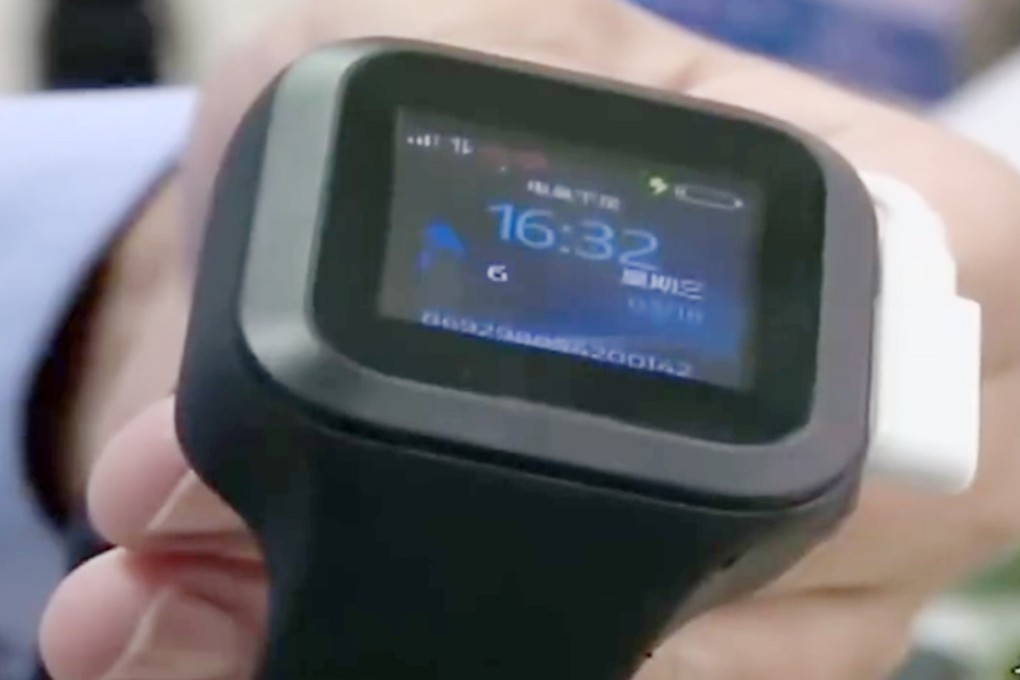Wristbands, big data used to monitor people who commit ‘less serious’ crimes in China
- It’s part of a move to make fewer arrests and be more cautious about prosecutions under new criminal justice policy, prosecutors say
- A decline in serious violent crimes but a jump in economic crimes and offences such as drink-driving prompted the new approach

Chinese prosecutors say they have been using electronic wristbands and big data to monitor people who have committed offences that are not serious enough to warrant arrest.
It is part of a move to make fewer arrests and be more cautious about prosecutions under a new criminal justice policy, prosecutors told reporters in Beijing on Monday during a review of progress over the past decade.
They said the new policy had been introduced to adapt to a changing society that had seen a continued decline in serious violent crimes such as robbery and homicide but a jump in economic crimes and offences such as drink-driving.
They said significant improvements had been made, including to the pretrial detention rate, which was down from 91.4 per cent 20 years ago to 32.7 per cent in June.
But prosecutors said the new approach did not necessarily mean being more lenient.
“For those cases we decide not to prosecute, we can pass them to other government offices for administrative penalties.”